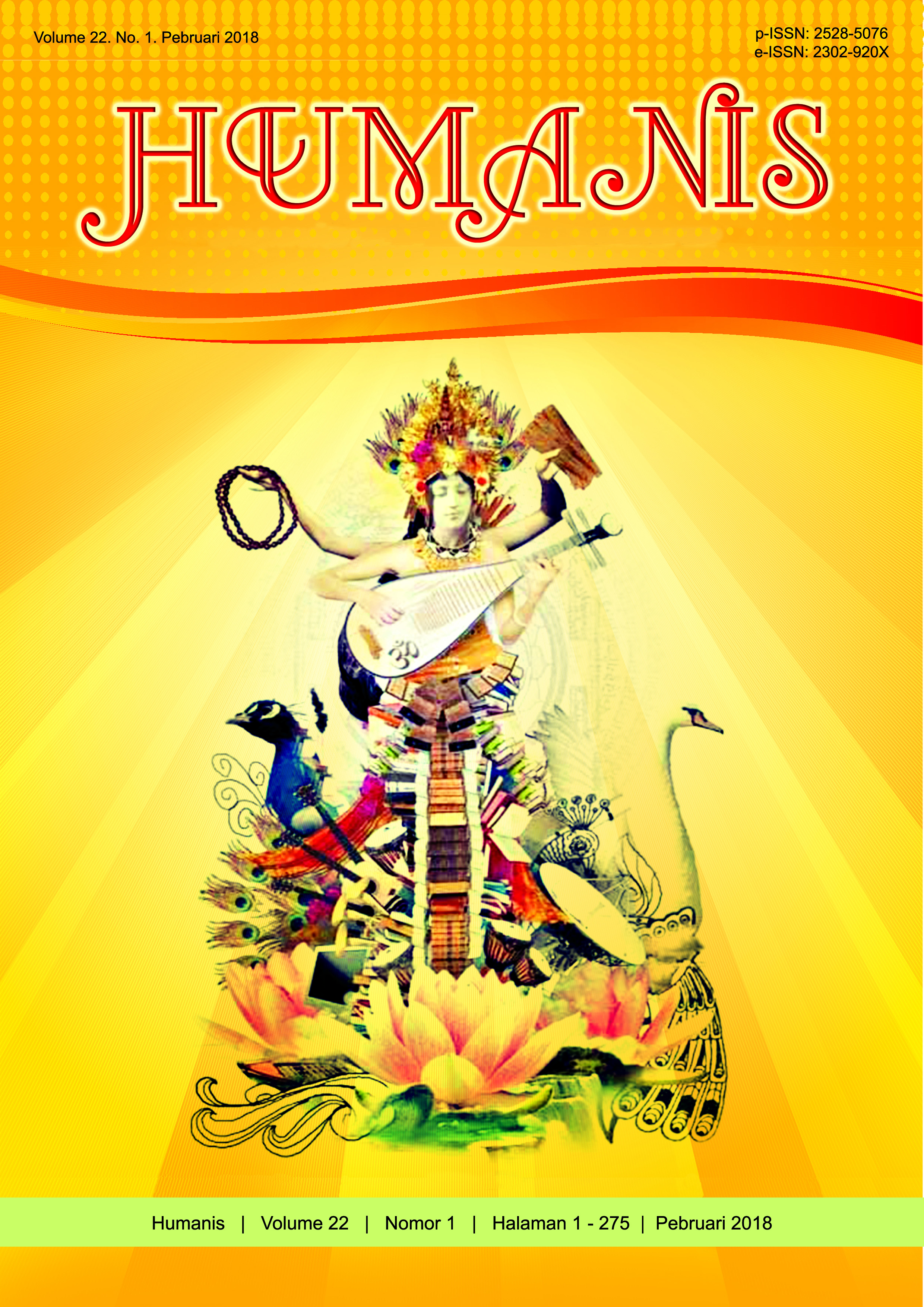Unsur Logam pada Genta Kuno Koleksi Museum Blambangan dan Museum Bali: Kajian Elemental-Kuantitatif
Abstract
So far, research on bells is only limited to the elements of form, function and meaning, so the author wants to do research on the bell lag based on metallurgical studies. This research took 6 samples of bell with details of 2 ancient bellies collection of Museum Blambangan, 3 ancient bell collections of Bali Museum, and 1 bell production today. The problem in this research is what are the elements of metal in each bell and how the influence of metal elements in alloy metal. The purpose of this study is to know the content of metal elements along with the percentage and the influence of metal elements in the manufacture of bells. This research uses data collection method, data analysis method and theory to answer the problem. Methods of data collection used are observation, interview, and literature study. Methods of data analysis used are elemental-quantitative analysis, qualitative analysis, comparative analysis, and ethnoarkeologi analysis. The theory used in this research is Metallurgical Theory. The study was conducted using XRF (X-Ray Flourescene) tool. The results of this test indicate that there are 7 types of metals detected: copper, lead, lead, iron, zinc, nickel, and titanium. Copper, lead, and lead metals elements are basic metals and iron, zinc, nickel and titanium elements may be accidentally or accidentally incorporated. Based on the size of the percentage there are 2 types of bronze metal binary alloy and tenoy alloy. Copper metal elements are added with a tin metal element to raise the hardness level of the alloy and lead metal to add to the liquefaction level of the alloy metal so it does not quickly harden and can produce objects with intricate ornaments.


















